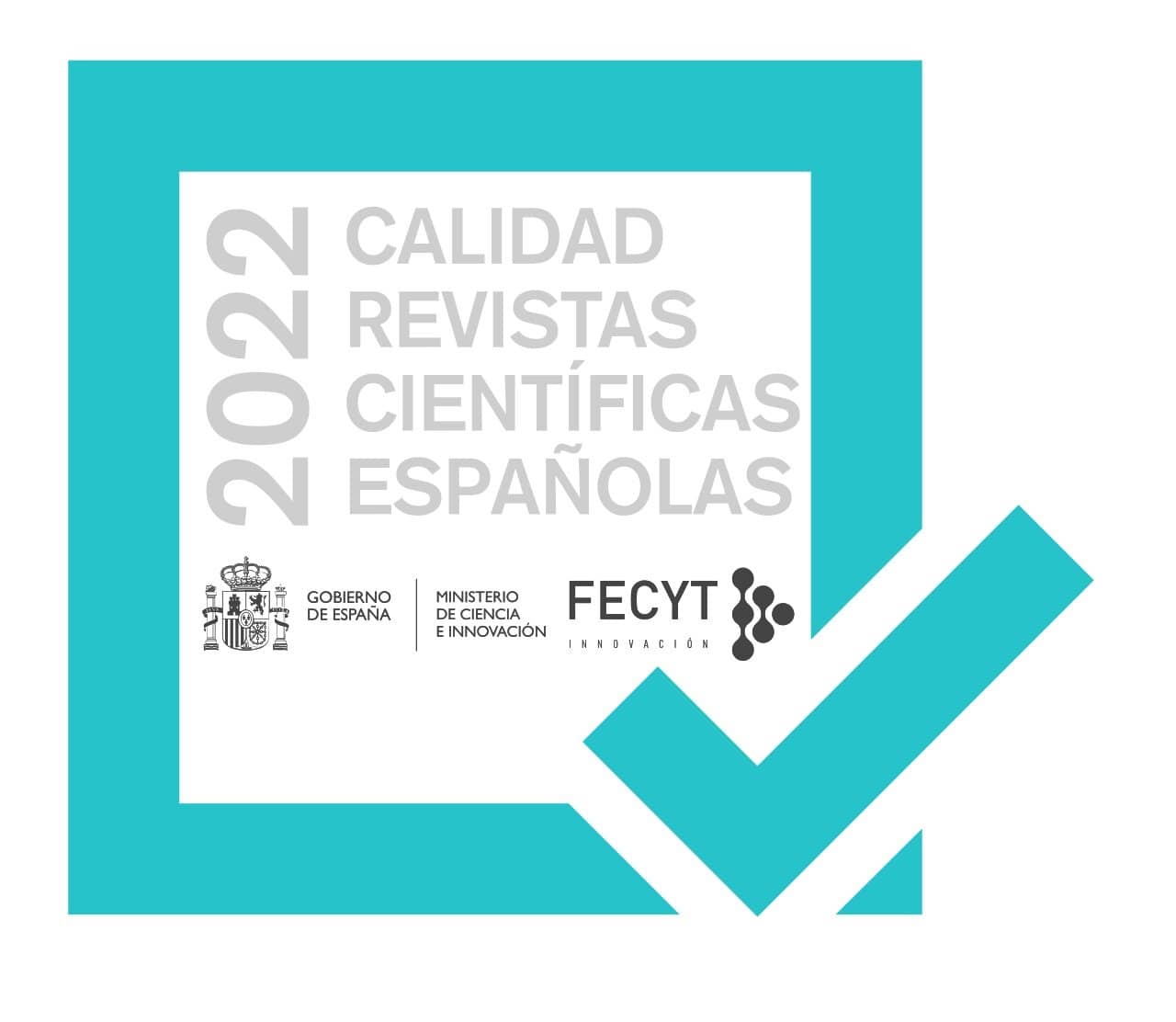Limited aspects of reality: Frames of reference in language assessment
Abstract
Language testers and educational measurement practitioners operate within two frames of reference: norm-referenced (NRT) and criterion-referenced testing (CRT). The former underpins the world of large-scale standardized testing that prioritizes variability and comparison. The latter supports substantive score meaning in formative and domain specific assessment. It has recently been claimed that the criterion-referenced enterprise is all but dead; its one legacy being the way in which test results are communicated (Davidson, 2012, p. 198). In this article, we argue that the announcement of the demise of CRT is premature. But we acknowledge that what for the most part passes as CRT is in fact not criterion-referenced, and is based upon a corruption of the original meaning of “criterion” as domain-specific performance. This distortion took place when NRT co-opted the term “standard” to serve as a rationale for the measurement enterprise of establishing cut-scores to retrofit NR tests with meaning derived from external scales. We argue that this is not CRT, and the true heirs of the CRT movement in applied linguistics are researchers who base test design in the careful analysis of construct and content in domain specific communication.Downloads
The works published in this journal are subject to the following terms:
1. The Publications Services at the University of Murcia (the publisher) retains the property rights (copyright) of published works, and encourages and enables the reuse of the same under the license specified in item 2.
2. The works are published in the electronic edition of the magazine under a Creative Commons Attribution Non-commercial Share Alike 4.0.
3.Conditions of self-archiving. Authors are encouraged to disseminate pre-print (draft papers prior to being assessed) and/or post-print versions (those reviewed and accepted for publication) of their papers before publication, because it encourages distribution earlier and thus leads to a possible increase in citations and circulation among the academic community.
RoMEO color: green








